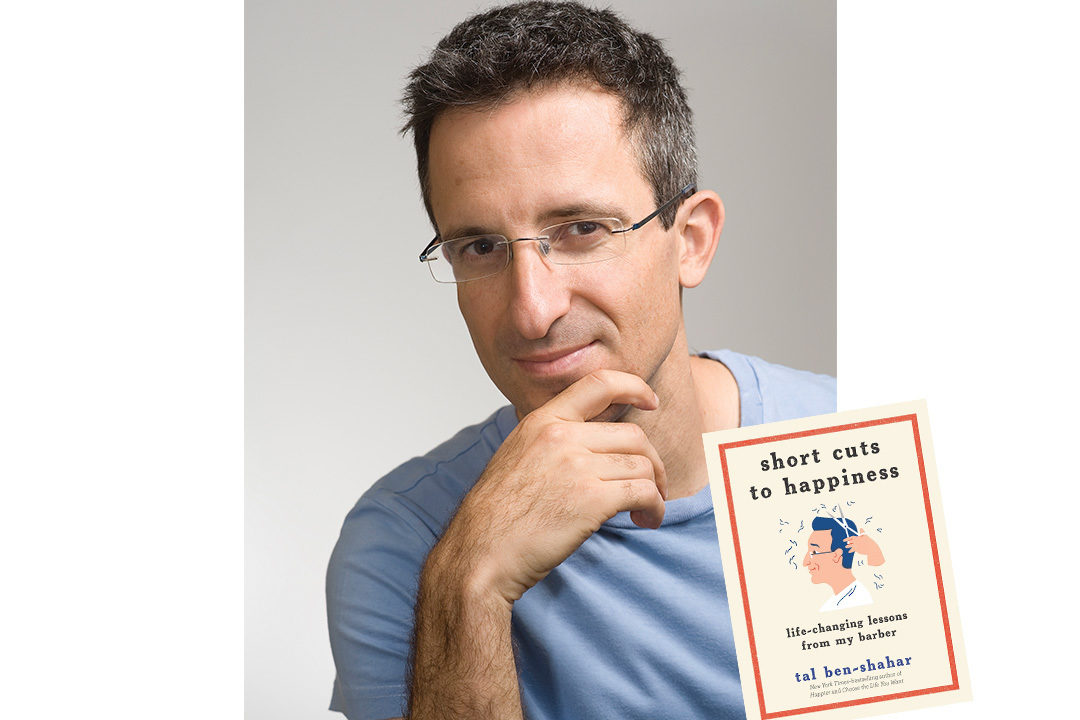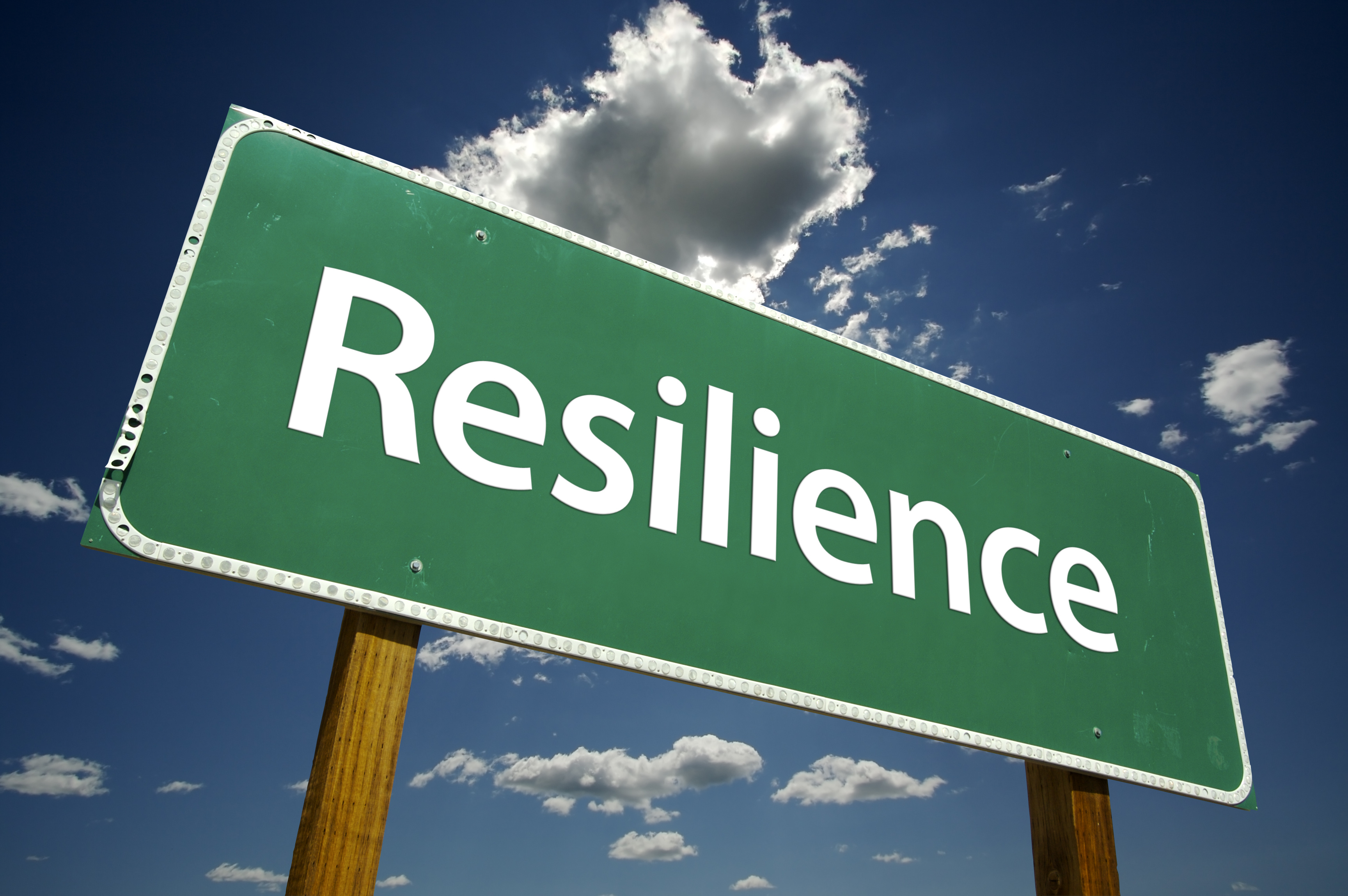These days, as the Coronavirus spreads far and wide, and as fear spreads farther and wider, what can we do to boost our resilience? Here are some evidence-based interventions that, beyond strengthening our psychological immune system (mental resilience), also bolster our body’s immune system (physical resilience).
The first thing we can and ought to do is give ourselves the permission to be human, embrace whatever emotion comes up no matter how unpleasant or unwanted. Rather than denying or rejecting the painful feelings associated with the situation—whether fear or frustration, anxiety or anger—it is better to allow these to take their natural course. Giving ourselves the permission to be human means that rather than suppress our emotions we express them—be it by journaling about how we feel, talking to people we trust, or by simply opening our floodgates rather than holding back the tears. The paradox is that to fulfill our potential for happiness, we must allow in unhappiness.
Expressing gratitude can help us through difficult times. Oprah first, and later a large number of psychological studies, told us that cultivating our appreciative muscles makes us happier as well as healthier. So spend two minutes, as you wake up or just before you go to bed, writing down those things for which you’re grateful. And the important thing to keep in mind is that we can always, always find something to be grateful for, even in the midst of hardship. Whether your list includes sacred items or mundane ones, significant events or minor interactions, novel things or things that appear on your list every day, the benefits we derive from this practice can be substantial. For when we appreciate the good, the good appreciates.
It is an unfortunate fact that one of the first things to fall by the wayside in stressful times is our inclination to move. Students in school are likely to forgo exercise during exam period; employees will do the same when facing the pressure of a looming deadline; and who wants to add the discomfort of vigorous movement to the discomfort associated with the Coronavirus panic? The fact, though, is that there is no more important time to exercise than now. And even if you cannot or do not want to go to the gym, take a 30-minute walk outside, or (in case you’re quarantined at home) engage in one of the many High Intensity Interval Training practices available online. Exercise does not just make us physically tougher, it significantly contributes to our psychological toughness.
Relationships are potentially the number one predictor of both physical and mental health. Francis Bacon, the British philosopher, pointed out 400 years ago that “Friendship doubles joys and cuts griefs in half.” Spending quality time with people you care about and who care about you is always important; it is especially important now. And while the lure of computer screens with their real-time updates and other virtual sirens may be stronger than that of real people, they cannot provide the psychological and physiological benefits of face-to-face interactions. Whenever possible, disconnect (from technology) in order to connect (to people). And if for some reason actual get-togethers are not possible—being quarantined or too far away—then virtual get-togethers will do.
One of the best ways to deal with the depressing and demoralizing impact of the constant barrage of bad news is distraction. Distraction is not synonymous with denial. We are not burying our head in the sand when, once in a while, we think about something other than the threats of COVID-19. In fact, constantly thinking about the virus, because that’s what the media reports on and that’s what everyone is talking about, is unhealthy and unhelpful. Watching your favorite TV series, listening to music, meditating, or engaging in one of the many activities that get your mind off of the virus can constitute a healthy form of distraction.
Hamlet, addressing his childhood friend Rosencrantz, highlights the importance of reframing: “There is nothing either good or bad, but thinking makes it so.” While Shakespeare may have taken the idea of reframing too far, there is much truth to the claim that we have a great deal of control over how we interpret—and therefore experience—a situation. What are the potential upsides of the existence of the Coronavirus? Spending more time with loved ones? Appreciating our life more, rather than taking our health, or status quo in general, for granted? Focusing more on exercise and healthy eating, as a way to boost our immune system?
Reframing does not imply that you should, or even can, rejoice that the virus is upon us; at the same time, reframing provides us some choice over what we think—and consequently what we feel and do. Things do not necessarily happen for the best, but you can choose to make the best of things that happen.


